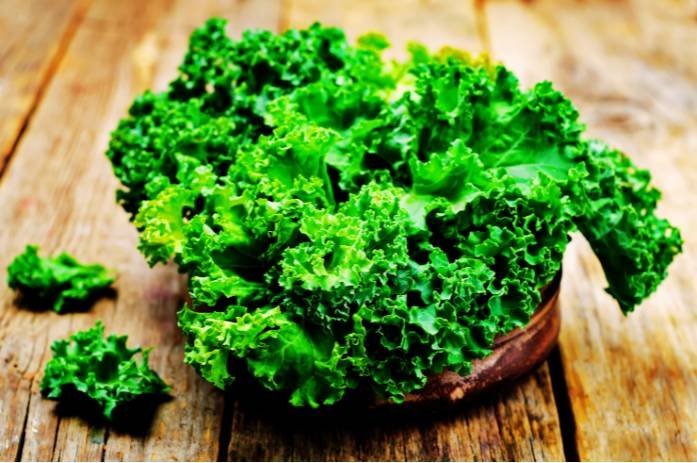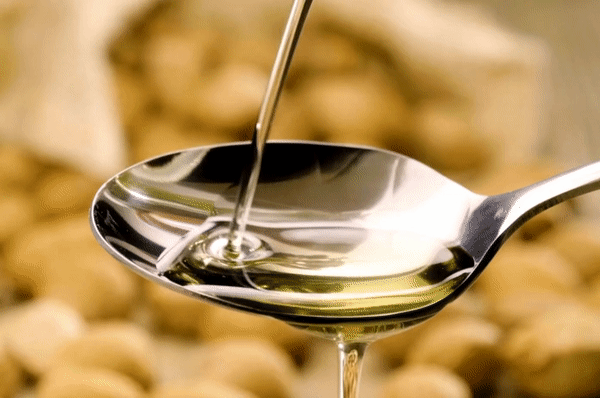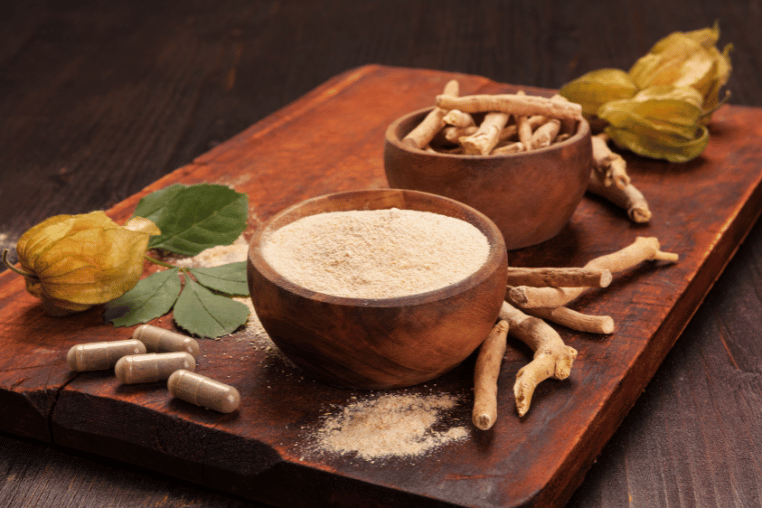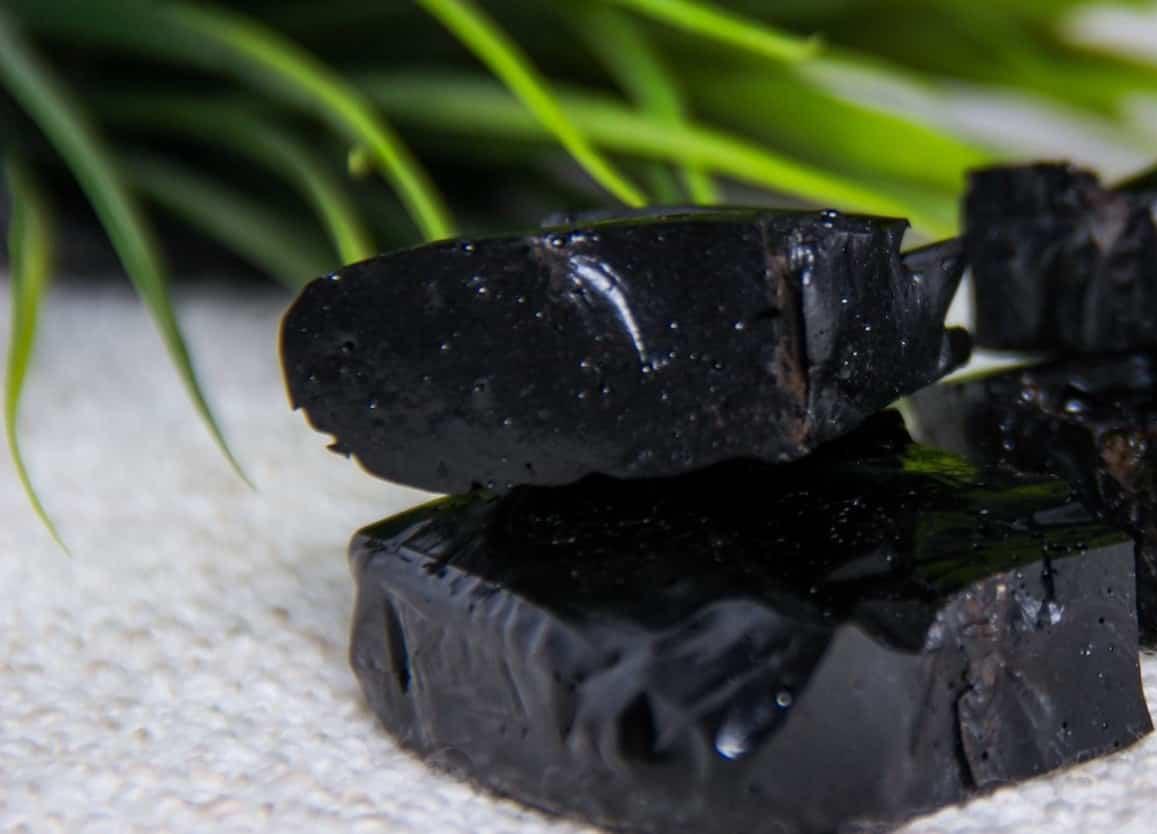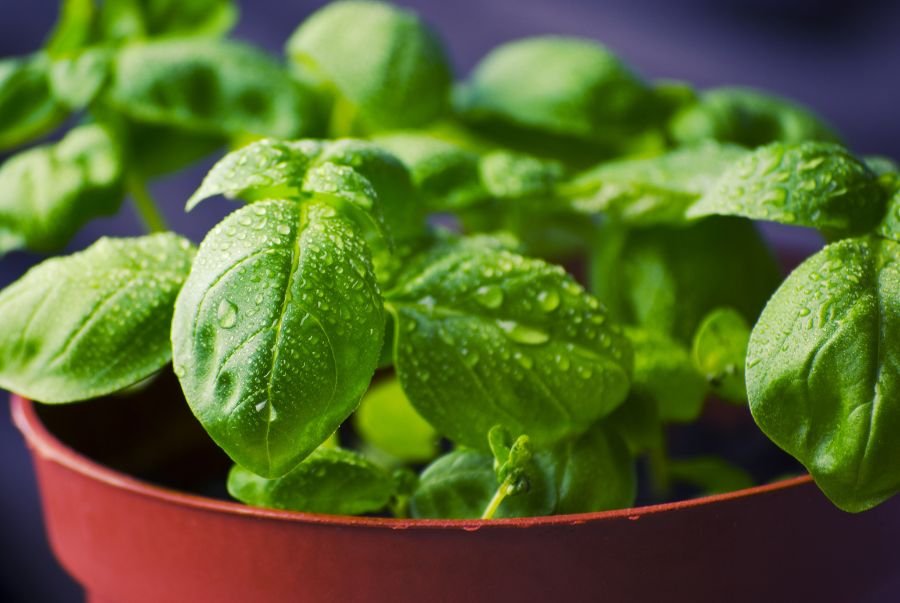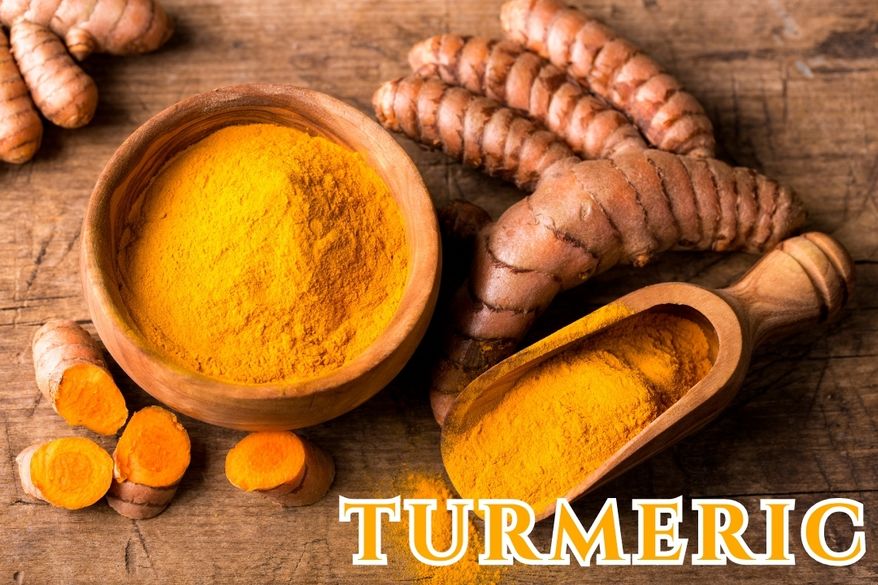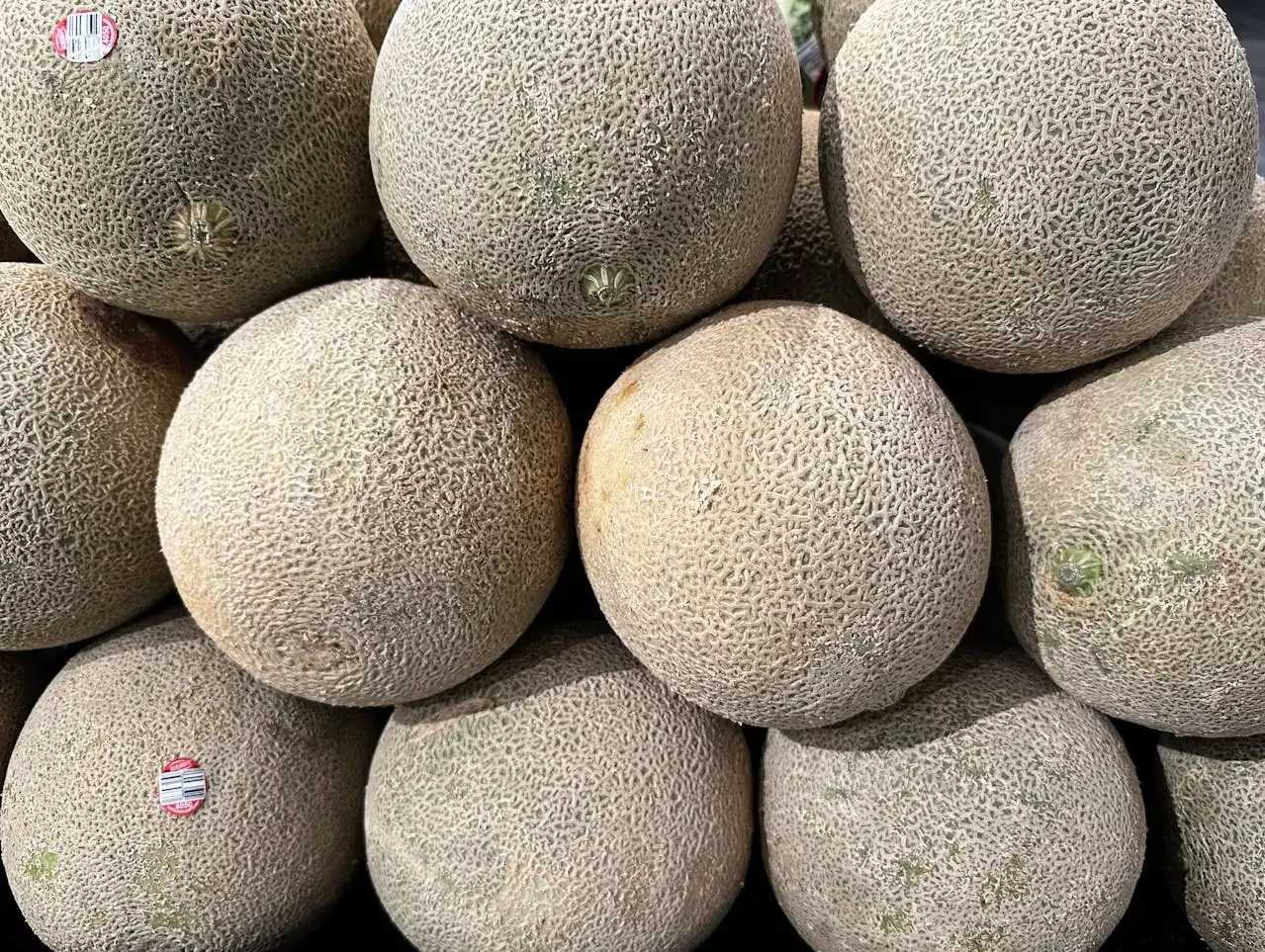
Passionate & Certified Nutritionist
Introduction
When it comes to achieving beautiful, radiant skin, many people turn to skincare products and elaborate routines. However, what you eat can have an equally profound impact on your skin. In this comprehensive guide, we will explore the intricate relationship between your diet and the health of your skin. From the importance of saturated fats to the effects of refined proteins, and the role of sugar and gluten, we will uncover the secrets to maintaining healthy, glowing skin.
Low Fat Foods
- Skin Composition: The Crucial Role of Saturated Fat
Your skin is not just an outer layer; it is a complex, living organ that requires proper nourishment to thrive. Surprisingly, a significant portion of your skin’s cell membrane is made up of saturated fat. This type of fat provides essential building blocks for the structure of your skin.
When you consume a diet low in fat, your skin is deprived of these critical components, leading to dehydration and premature aging. The result is skin that appears dull, dry, and lacks the natural elasticity that characterizes youthful skin.
- The Importance of Dietary Fat
Healthy fats, such as those found in avocados, nuts, and fatty fish like salmon, are essential for maintaining skin health. These fats provide the necessary lubrication to keep your skin supple and youthful. They also serve as a barrier to protect your skin from environmental toxins and UV radiation.
Incorporating adequate healthy fats into your diet can help combat dryness, reduce the appearance of fine lines, and give your skin a healthy, radiant glow.
Processed Protein
- Concerns About Refined Plant-Based Proteins
In recent years, many individuals have turned to plant-based proteins as a means of losing weight and adopting a healthier lifestyle. Soy protein isolates and similar refined plant-based proteins have gained popularity in the quest for weight loss. However, there are crucial considerations to keep in mind.
- Low Fat Content and High Refinement
Soy protein isolates and their counterparts are often low in fat and highly refined. While they may aid in weight loss, they do not necessarily contribute to healthy-looking skin. In fact, a diet predominantly based on these proteins may deprive your skin of the nutrients it needs to maintain its vitality.
Healthy skin requires a balance of essential nutrients, including proteins, fats, vitamins, and minerals. Relying solely on refined proteins can lead to imbalances in your diet, which can manifest in your skin’s appearance.
- The Holistic Approach to Skin Health
Achieving radiant, healthy skin requires a holistic approach to nutrition. Instead of fixating on one specific dietary component, focus on a well-rounded diet that includes a variety of whole foods. Incorporate lean proteins, healthy fats, fruits, vegetables, and whole grains into your meals to ensure your skin receives the full spectrum of nutrients it needs.
Sugary Foods
Understanding the Effects of Sugar on Skin Health
The impact of sugar on overall health is widely recognised, but its specific effects on the skin are often overlooked. Consuming excessive amounts of sugar can lead to elevated insulin levels in the body.
Elevated Insulin and Androgens
Increased insulin levels, in turn, trigger the production of androgens, hormones that play a significant role in skin health. Androgens can lead to the enlargement of sebaceous glands, which are responsible for producing oil (sebum) on the skin.
When these glands become enlarged and produce excess sebum, the result can be acne, clogged pores, and other skin issues. This is why individuals with high sugar diets may experience more frequent breakouts and an overall decline in the appearance of their skin.
Balancing Sugar Intake
To maintain clear and healthy skin, it is essential to moderate your sugar consumption. Reducing your intake of sugary foods and beverages can help stabilize insulin levels and reduce the risk of skin problems.
Grain Foods
The Gluten Dilemma
Gluten, a protein found in wheat, barley, and rye, has received a lot of attention in recent years due to its impact on digestive health. However, its connection to skin health is equally significant.
Disruption of Gut Health
Gluten can disrupt gut health, leading to various digestive issues. An unhealthy gut can have far-reaching consequences, including impacts on the skin. When your digestive system is compromised, it can result in inflammation, which may manifest as redness, irritation, or other skin problems.
The Gut-Skin Connection
The gut-skin connection is a well-established phenomenon in dermatology. An imbalanced gut can contribute to a range of skin conditions, including acne, eczema, and psoriasis. Therefore, maintaining a healthy gut through proper diet and lifestyle choices is vital for promoting clear and vibrant skin.
Conclusion
Your skin is a reflection of your overall health, and your diet plays a pivotal role in maintaining its beauty and vitality. From the importance of incorporating healthy fats and balanced proteins to the need for moderating sugar intake and considering the impact of gluten, understanding the relationship between your diet and your skin can lead to healthier, more radiant skin.
Remember that skincare is not only about what you apply topically but also about what you consume daily. By making informed dietary choices, you can nourish your skin from the inside out, helping it to look and feel its best. So, embark on a journey toward better skin health by embracing a balanced, nutritious diet that supports the natural beauty you deserve.




